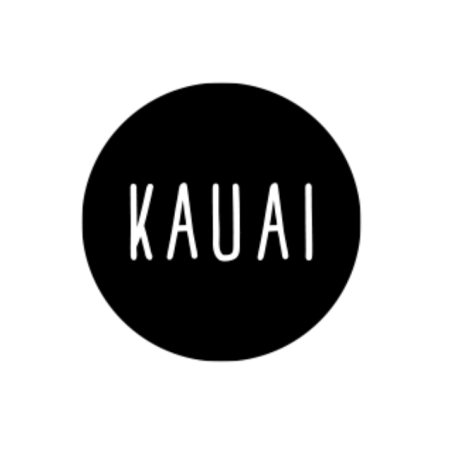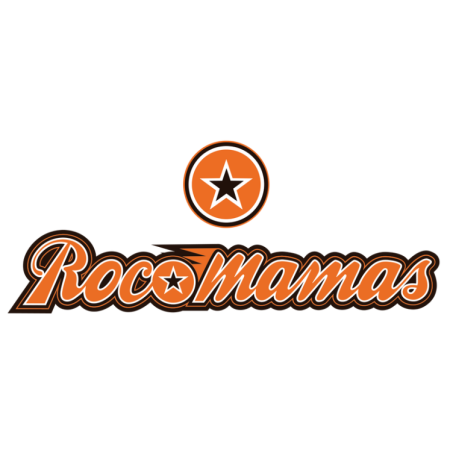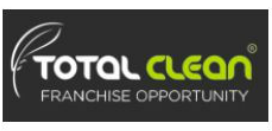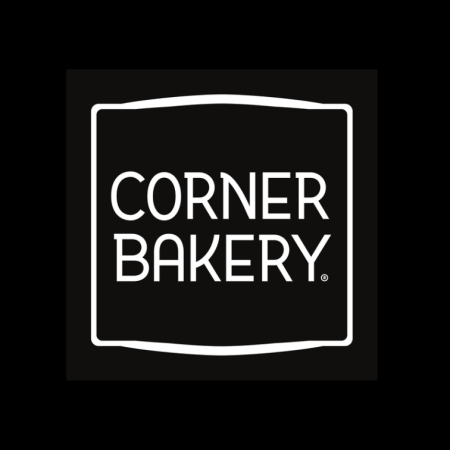One of the ways to get into franchising is to buy an existing franchise that is already operational. This can be especially beneficial in the case of popular brands, where new stores and sites are challenging to come by. When considering buying an existing franchise, there are several things to consider before signing on the dotted line. Here are ten things you should know about these types of transactions:
- Verify the business’s health – Buying an existing franchise can be beneficial in terms of having current clientele and goodwill. However, getting signed financial results from an auditor and presenting them to the franchisor for verification is essential. The financial results are critical in determining the value and asking price of the business
- Get a professional valuation of equipment done – The state of the equipment in the outlet could influence the value of the business. For example, in a coffee shop, it’s essential to assess the state of the coffee machine as they are costly to replace. There are professionals available to assist with this valuation.
- The financial valuation of the business must be realistic – It’s important to have the valuation of the franchise verified by a professional to ensure it’s in line with the valuation formula recommended by the franchisor and that the asking price for the value of the business is realistic and market-related
- Find out when a revamp is due– Most food and retail franchises require a revamp towards the end of the first agreement term or when the franchisor determines it to be necessary. If you are buying an existing franchise, find out the cost and scope of the revamp when it is due and negotiate with the seller, as the cost of the revamp could influence the price. Negotiating that the seller foots the revamp bill may also be possible.
- Ensure that franchise training takes place – Although the new franchisee will employ all the existing staff, who will be trained, the new franchisee will need training on running the business and should check the scope and duration of such training with the franchisor. The franchisor should also provide some opening assistance to the new franchisee after taking ownership of the store
- The new franchisee must employ staff at the existing store– It’s important to be aware of the labour law and the requirement to employ all the staff when buying an existing franchise. The franchisee would be well-advised to consider using a labour specialist to assist with the employment contracts and other matters.
- Ensure that proof of the required cash investment is available – Having evidence of the funds available will expedite the bank and franchisor application process.
- Check your credit record – The bank and the franchisor will assess the new franchisee’s credit record. Therefore, it’s a good idea to ensure that it’s in good standing and to resolve any outstanding payment arrangements to ensure the franchisee can present a clean credit record.
- Check that the business meets all licensing requirements – If it serves liquor, it needs a license. This could be another benefit of buying an existing franchise, as all the regulatory requirements could be met already.
- Be realistic about your experience and discuss this with the franchisor. A franchisee with no restaurant or retail experience should be frank with the franchisor and consider in-store training at another branch or franchise to shadow a manager or franchisee and learn the ropes.
While there are potential pitfalls to consider, buying an existing franchise could be beneficial in many ways. Like buying a new franchise, doing research is an important step.
If you feel buying an existing franchise would be the right path to entrepreneurship for you we recommend you browse our list of franchise opportunities today using our directory at Franchiseek South Africa.










